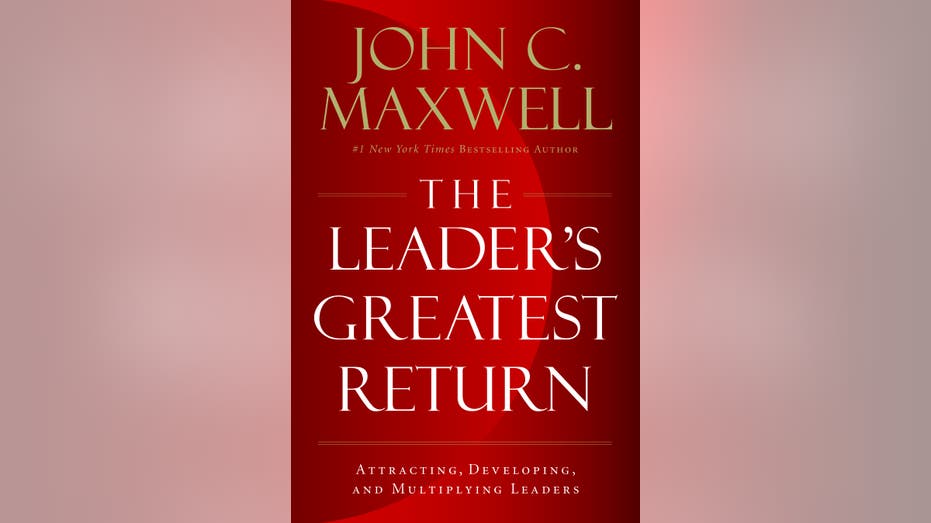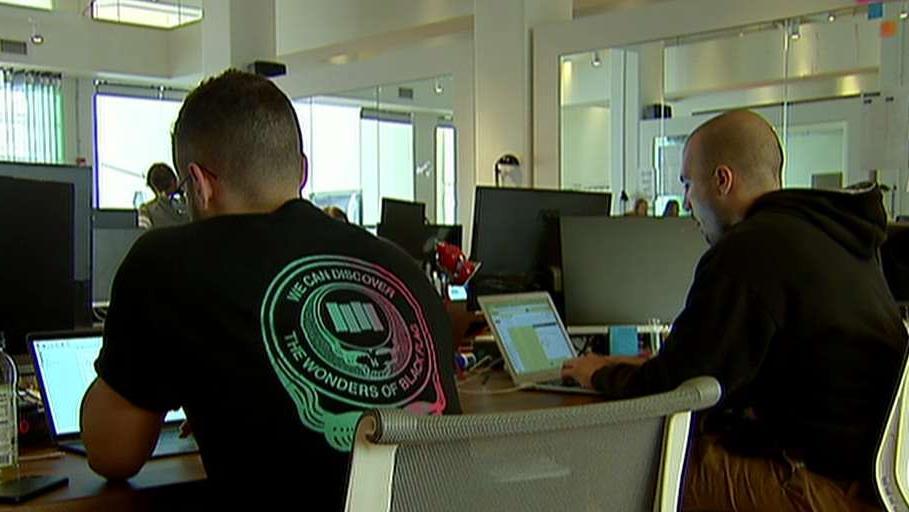John Maxwell: Five leadership investments you'd be crazy not to make
Everywhere you look, there is a leadership deficit. In countries all around the world, there are not enough good leaders. That is certainly true in the United States. I think Americans of every party would agree that there are not enough good leaders.
The same is true at the state and local levels: we need more and better leaders. And in businesses, nonprofits and families — there are not enough good leaders.
The good news is that leaders can be developed, and everyone wins when leaders develop other good leaders. If you are a leader — at any level or of any capacity — your organization will benefit when you start developing leaders.
One of the greatest ways for a leader to invest in oneself is to develop other leaders. Smart leaders invest in their people and teach them to do the same.
But it’s not just your organization that benefits when you develop leaders. You benefit too. One of the greatest ways for a leader to invest in oneself is to develop other leaders. Smart leaders invest in their people and teach them to do the same.
I think about it this way: I have an Intentional Relationship Account with the leaders I want to develop. I make regular deposits into each one, and while the process takes time, I’ve done this long enough that I know this practice is what produces my greatest leadership return.
In fact, I’ve spent so much time practicing this that it’s the subject of my latest book, "The Leader’s Greatest Return," which will release in January.

To keep things practical, I’m going to assume that you have a system that helps you identify and attract talented leaders to your organization. It’s a big assumption, but a necessary one for keeping this post brief. (Let me say, however, that if you don’t have a system for identifying and attracting leaders, you need to spend some major thinking time to get that figured out.)
Here are some of the key investments I make to develop my leaders.
Connection

Before you lead and develop people, you need to connect with them. You need to find common ground with potential leaders, which is less about ability and more a function of attitude.
Soft skills, such as asking questions and listening, having empathy for people’s journeys, and understanding their perspectives, are crucial in today’s environment because people don’t follow you when they understand you. They follow you when they feel understood.
Equipping

When you start equipping leaders and helping them become great at their jobs, you begin experiencing the compounding of influence, time, energy, resources, ideas, money and effectiveness.
Your goal is always to equip people in such a way that they learn not only to do their jobs well and to lead, but also to develop their own equipping leader’s mindset.
Empowering

It’s very difficult for leaders to rise if their leader refuses to put the wind of empowerment under their wings.
You empower people when you earn their respect, build healthy relationships, and provide an environment where others are free to try, fail, learn, improve, and try again.
Positioning

Getting people into a role where they can succeed is vital for a leader who wants to develop leaders. This means making sure that you know what each role requires, that you know which leader’s strengths fit which role, and know when adjustments are needed.
Too many leaders have a “set it and forget it” mindset when it comes to positioning leaders on their teams; wise leaders understand the benefit of making shifts when necessary.
Mentoring

Mentoring isn’t teaching a lesson or a skill. It’s discipling another person. It involves discerning where they are, knowing where they are supposed to go, and giving them the tools required for getting there.
Pay close attention to individual styles, strengths, weaknesses, motivations, histories, aspirations and more. To be an effective mentor to other leaders, you need to understand where people need to grow in order to reach the next level of their development.
The good news about this list is that you can start making these same investments into your leaders right now. And like any good investment, the sooner you start, the longer you can invest, and the greater the compound interest you’ll receive.
There is nothing in this world that gives a greater ROI to a leader than attracting, developing, and multiplying leaders. It’s the best investment you can make as a leader.
Editor's note: The five ideas mentioned here are covered in greater depth in Maxwell's upcoming book "The Leader’s Greatest Return."
John C. Maxwell is a #1 New York Times bestselling author, coach, and speaker who has sold more than 31 million books in fifty languages. He has been identified as the #1 leader in business by the American Management Association® and the most influential leadership expert in the world by Business Insider and Inc. magazine. He is the founder of The John Maxwell Company, The John Maxwell Team, EQUIP, and the John Maxwell Leadership Foundation, organizations that have trained millions of leaders from every country of the world. A recipient of the Horatio Alger Award, as well as the Mother Teresa Prize for Global Peace and Leadership from the Luminary Leadership Network, Dr. Maxwell speaks each year to Fortune 500 companies, presidents of nations, and many of the world’s top business leaders. He can be followed at Twitter.com/JohnCMaxwell. For more information about him visit JohnMaxwell.com.




















